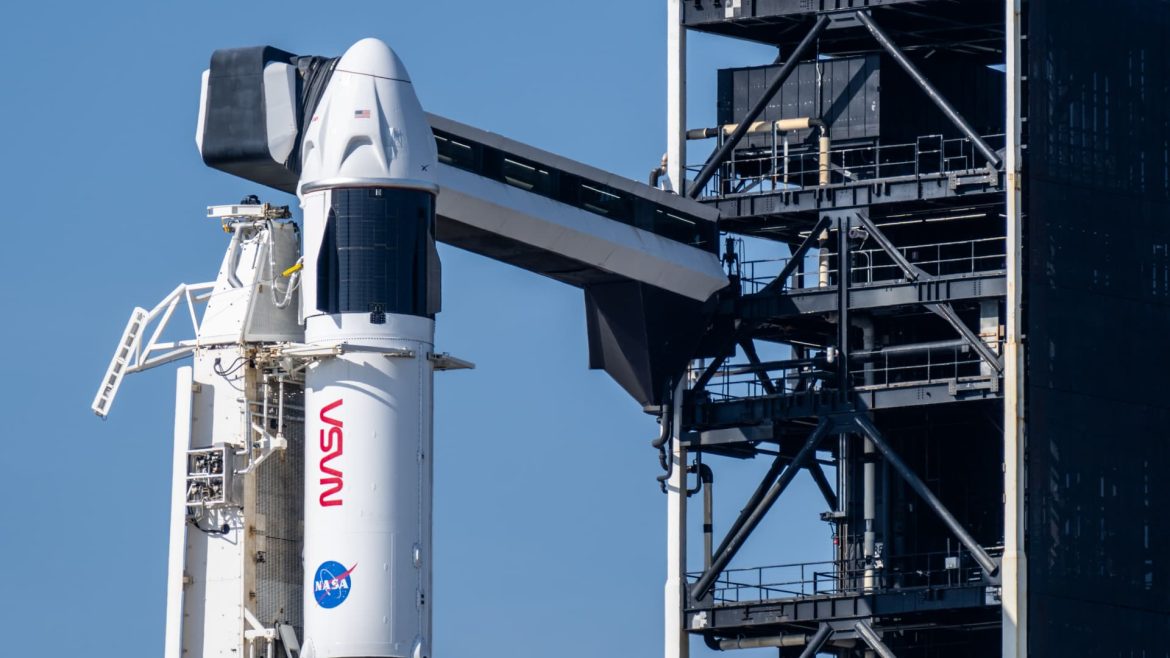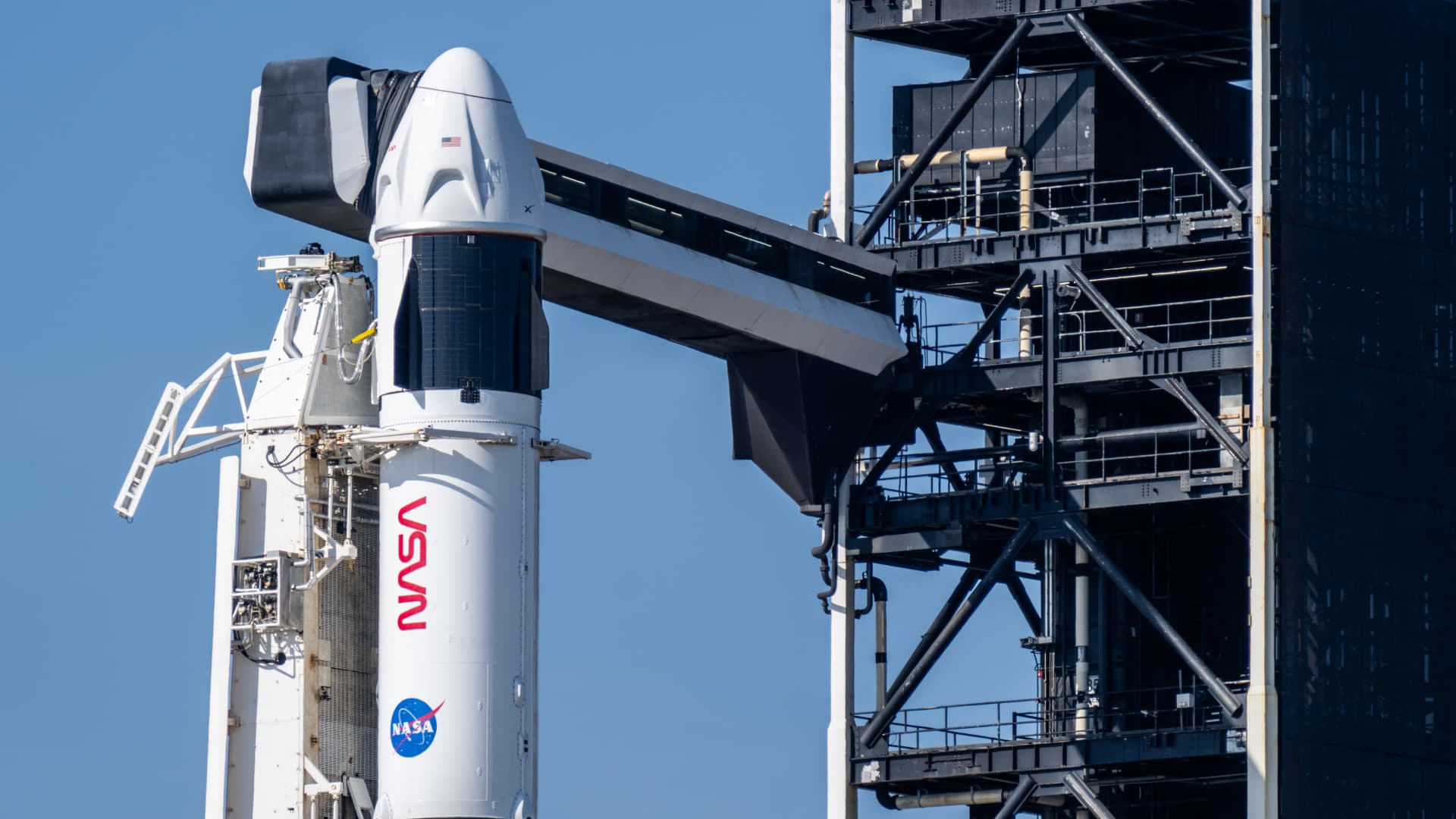Rising Tensions Between Elon Musk and Former President Trump: SpaceX’s Dragon Spacecraft Decommissioning
The ongoing public spat between Elon Musk, the CEO of SpaceX, and former U.S. President Donald Trump has taken a dramatic turn involving SpaceX’s flagship crew and cargo spacecraft, Dragon. Musk announced that SpaceX will “immediately” begin decommissioning the Dragon spacecraft in response to threats from Trump to terminate government contracts with SpaceX. This decision holds significant implications for the future of U.S. spaceflight operations and NASA’s missions to the International Space Station (ISS). This report pieces together the unfolding events, the background on Dragon’s importance, and the broader consequences for the aerospace industry and U.S. space capabilities.
—
The Role of Dragon in U.S. Spaceflight
SpaceX’s Dragon spacecraft has been a cornerstone in NASA’s strategy for servicing the ISS. As the first commercial spacecraft to ferry humans and cargo to the station, Dragon has completed over 50 missions and made around 46 visits to the ISS since its inception. Its role is crucial not only for scientific missions but also for maintaining America’s autonomous access to low-Earth orbit, especially after the space shuttle program’s retirement.
The spacecraft’s versatility in carrying astronauts and vital supplies embodies a major shift in NASA’s operations toward partnering with private aerospace contractors—markedly SpaceX—to lower costs and increase innovation. The Dragon is integral to the current operational cadence of the ISS, serving both cargo and crew needs under contract with NASA.
—
The Catalyst: A Political Fallout
The origins of the decommissioning announcement trace directly to a political conflict. Musk’s departure from his role as a close adviser to the Trump administration likely sowed discord. According to reports, Trump has publicly threatened to cancel SpaceX’s government contracts, claiming doing so would save taxpayer money. This threat reportedly initiated Musk’s reaction to pull back SpaceX’s flagship spacecraft.
The scenario escalated quickly, with Musk framing the move as a direct response to what he perceives as unjust political pressure. This unprecedented public feud pits one of the most influential private space companies against the U.S. government in a highly visible way, threatening to disrupt ongoing and planned missions.
—
Impacts on U.S. Space Program and NASA
If SpaceX proceeds with decommissioning Dragon immediately, NASA will face significant hurdles. Given the spacecraft’s extensive use in ISS missions, grounding Dragon raises the risk of delays in crew rotations and cargo deliveries vital to sustaining the station’s scientific and operational activities.
The situation could leave the U.S. reliant on alternative means for ISS transport, such as Russian Soyuz capsules, which NASA has increasingly sought to phase out, or awaiting other commercial spacecraft like Boeing’s CST-100 Starliner to fully operationalize—both of which face their own development and certification challenges.
Such disruptions could extend beyond NASA, affecting international partners who depend on the ISS and potentially destabilizing the station’s logistics and safety protocols.
—
Broader Space Sector and Geopolitical Ramifications
The Musk-Trump dispute carries consequences beyond SpaceX and NASA. It underscores the growing entanglement of private aerospace firms with political currents, potentially complicating public-private partnerships critical to the future of space exploration.
Furthermore, Musk publicly advocating for deorbiting the ISS “as soon as possible” hints at a broader vision for the next generation of space infrastructure, contrasting with NASA’s longer-term plans. His $1 billion proposal to deorbit the ISS reflects concerns about the debris hazard and the cost of maintaining aging orbital assets.
From a geopolitical perspective, the potential U.S. reduction in spaceflight capability might weaken American leadership in space amid rising competition from China, Russia, and other nations rapidly advancing their own space programs.
—
The Complexity of Contractual and Technical Realities
While Musk’s announcement signals an immediate action, fully decommissioning Dragon is a complex technical and contractual process. Decommissioning involves safely retiring spacecraft, transferring mission responsibilities, and ensuring no disruption to ongoing ISS operations.
Moreover, SpaceX’s contracts with NASA are anchored in rigorous protocols and funding structures. Cancellation or suspension of contracts would involve complex legal and regulatory proceedings, with ramifications for workforce, supply chains, and allied industries dependent on spaceflight continuity.
—
Looking Forward: Navigating Uncertainty in Space Exploration
The clash between Elon Musk and Donald Trump reveals not just a personal quarrel but a fragile intersection of space policy, politics, and commercial innovation. How this dispute resolves will affect the trajectory of human spaceflight and the broader U.S. space program.
Potential outcomes include negotiated settlements preserving SpaceX’s role with modifications, acceleration of alternative providers like Boeing in the commercial crew sector, or government intervention to maintain ISS missions without disruption.
Stakeholders must weigh the strategic value of private space ventures like SpaceX against political dynamics that threaten mission continuity. The future of America’s access to space, NASA’s operational stability, and global space leadership may all hinge on resolving this unprecedented conflict.
—
Conclusion: A Turning Point in American Spaceflight
The announcement to decommission SpaceX’s Dragon spacecraft amid political threats marks a startling moment in the intertwined history of government and private sector space endeavors. Dragon’s grounding threatens to disrupt the backbone of ISS support and highlights how fragile current commercial-government relations can be under political strain.
As the saga unfolds, the broader aerospace community—and indeed the world—watches closely. The stakes are sky-high, measured not just in dollars or contracts, but in humanity’s ambition to explore and sustain presence beyond Earth. The resolution of this dispute will shape the narrative of American space exploration for years to come, proving once again that space is not only a frontier of science and technology but also a theatre for political power and vision.





